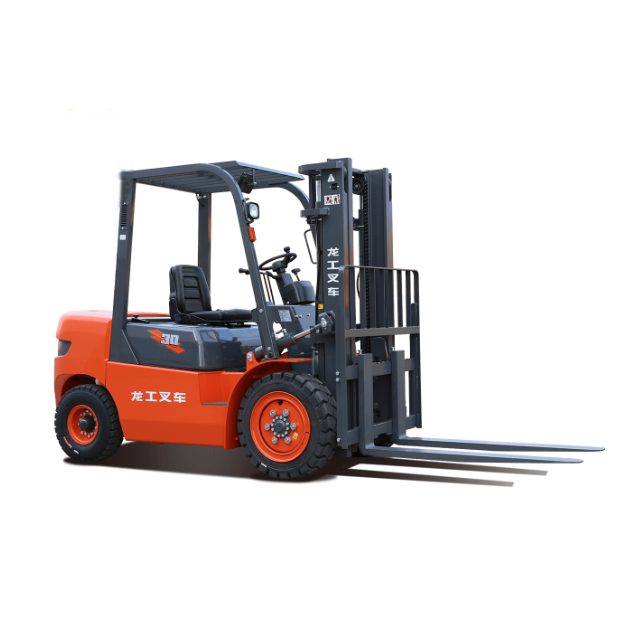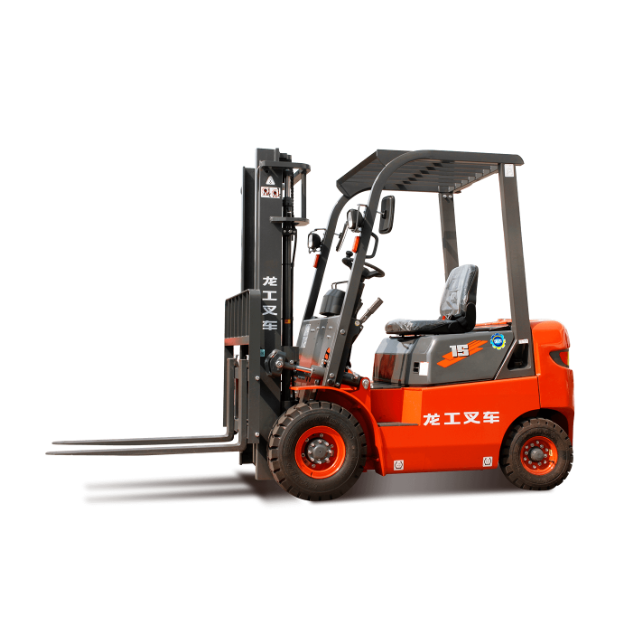një pikë
Një maqera është një vatrje industriale e fuqishme ndajtër dhe transportues prej materiale të rëndësishme në depo, zonat e ndërtimit dhe instalacioneve të prodhimit. Kjo mashinë shumafunkcionale përfshin një çift forke hidraulike montuar mbi para, të aftë për të larguar dhe larguar ngarkesit që përbën disa mijë funta. Maqerat moderne përfshijnë veçori sigurie të avancuara, përfshirë alarme kthim, indikatorë kapaciteti i ngarkes, dhe sisteme për ndjenjë operatore. Ata jetojnë në lloje të ndryshme, përfshirë elektrike, diesel dhe modele të fuqizuar me propan, secila e pajisur për aplikime të caktuara. Dizajni i vatrjes përfshin një peshë kontra në pas, për të mbajtur në barazim ngarkes të rëndësishme, forke rregullueshme për madhësi të ndryshme të paleve dhe kontroll operatore ergonomik për manevrabilitet të përsosur. Shumica e modelave ka vizibilitet të përmirësuar përmes dizajnit të mastit dhe gardhepërballimi, ndërkohë që ruhen integriteti strukturor për proteksionin e operatoret. Modelat e avancuara tani përfshijnë sisteme monitorimi elektronik që ndjekin nevoja për trajnime, orat e punës operativ dhe metrika performancash. Versatiliteti i maqerës lejon që të funksionojë në mjedise të brendshme dhe të jashtme, me bashkëngjitje të specializuara të disponueshme për të drejtuar lloje të ndryshme të materialit dhe ngarkes.



